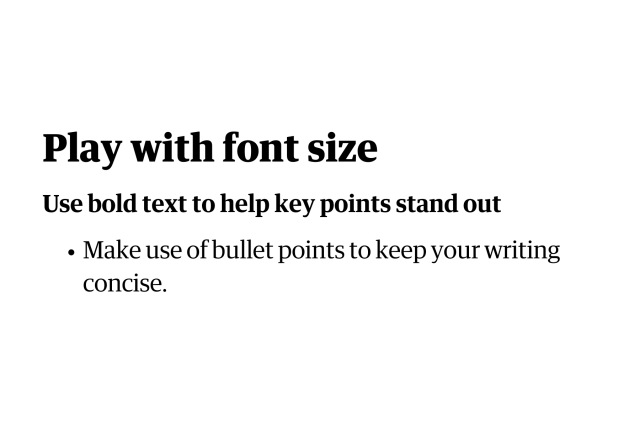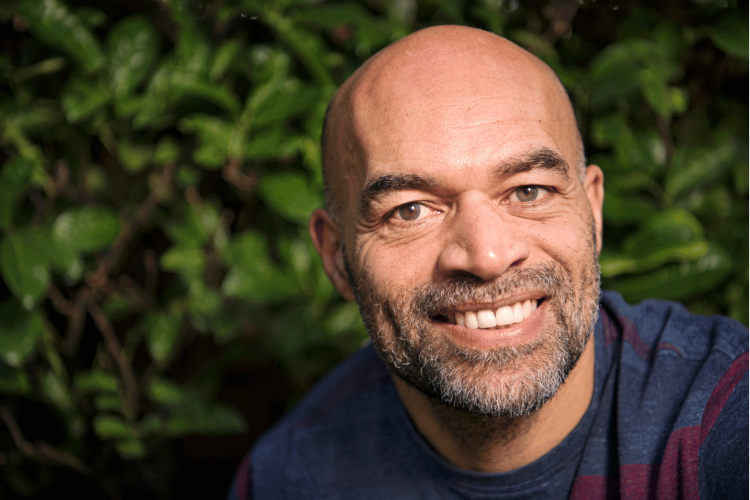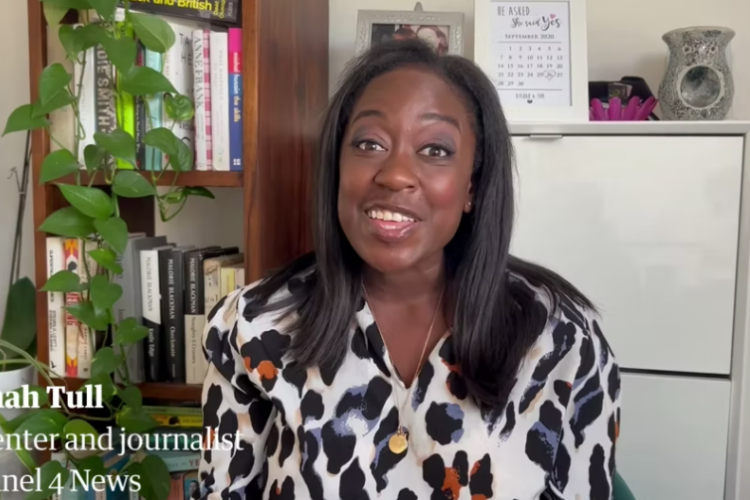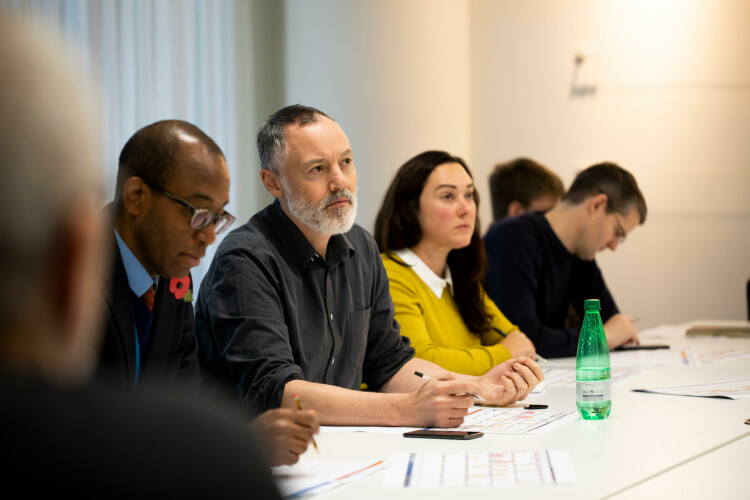What about the actual content of the CV?
If you don’t know where to start with the content, it might help to look at the job description from your previous role, if you are lucky enough to have had one. This will help give you a strong starting point. You can then bring this description to life by personalising it with more tailored examples of your day to day responsibilities and add any achievements, impressive statistics, figures and awards.
For entry level or junior positions, the ‘work experience’ section of a CV can be naturally shorter than CVs of those who are further on in their career. Don’t feel pressure to make them longer by going into minute detail, as this will just detract from the main takeaway points. Instead, you could use the extra space to write a short profile at the top of the CV, that provides more detail around your experience, who you are as a candidate, and what you’re looking for in your next role.
Sean’s quick tips and tricks
Make sure you use spell check and proofread! This is particularly important for a role in journalism, where attention to detail is key.
Sometimes a CV and cover letter aren’t the best ways to demonstrate your skills and experience in an application process. For example, if you are a neurodivergent candidate, you may find that the traditional route of application becomes a barrier to accessing a vacancy. Don’t be afraid to speak to the recruitment team within the company you are applying to, as they should be able to make changes through the application process to make it easier and more comfortable for you. This applies to the whole recruitment process, including the interview stage.
As you move through your career, always revisit and edit your CV. It will help for interview preparation, weed out historic typos, and a chance to edit experience that is less relevant to the particular role you are applying for. Roles that might not have huge relevance to a role in journalism, such as time working in a bar as a first job, shouldn’t take up 5 bullet points. It is enough just to put the job title and dates. Don’t be afraid to slash the unnecessary.. Be brutal...especially if it’s quite long!
Cover letters
This is your opportunity to highlight to a recruiter or hiring manager why what you have done is directly relevant to the role in which you’re applying. If you’re thinking about structure, it’s a good idea to start with what interests you about the position, and why you feel you’re right for it. Make sure to use the job advert and job description to highlight the key areas.
When it comes to highlighting why you’re interested in working for a particular company, it’s worth knowing that many people highlight this in their application - it’s a staple. To stand out from the crowd, dig a little deeper, and link it to your own experience - how does the work you have done align with the organisation's values? What is it specifically about the organisation that excites you? Is it the investigations? A particular journalist? How has this inspired your work?
Have any links to what you’ve written? Any previous articles or blogs? If they’re relevant, add them in to help us understand who you are, your style, and what you’re passionate about.
Showing an interest in the organisation is likely to be more effective if the organisation is less well known. But ultimately, the primary focus of any application should be why you should work there, and what you bring to the table - that’s the priority!

.png)


